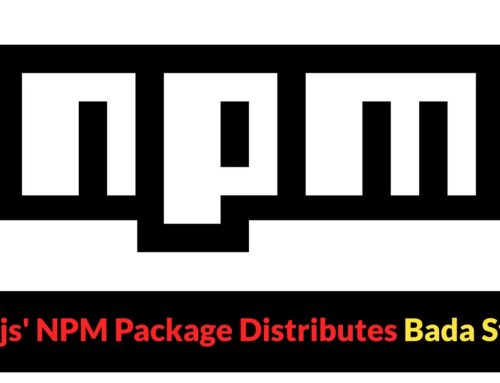
Jenkins Patches Multiple Vulnerabilities that Allow Attackers to Cause a Denial of Service
Jenkins Under Attack: Critical Patches Address Denial of Service and Information Disclosure Flaws
In the high-stakes world of software development and continuous integration/continuous delivery (CI/CD), even minor security vulnerabilities can have significant repercussions. Jenkins, a cornerstone for countless development pipelines, has recently released urgent updates to address a series of security flaws. These vulnerabilities, ranging from denial of service to sensitive information disclosure, could be exploited by unauthenticated or low-privileged attackers, posing a serious threat to productivity and data integrity.
Administrators overseeing Jenkins deployments must prioritize these updates. Specifically, installations running Jenkins weekly releases up to 2.527 or the Long-Term Support (LTS) stream up to 2.516.2 are at risk and require immediate patching.
HTTP/2 Denial of Service (CVE-2025-5115)
One of the most concerning vulnerabilities is a high-severity HTTP/2 Denial of Service flaw, tracked as CVE-2025-5115. This issue could allow an attacker to disrupt Jenkins service, rendering it unavailable to legitimate users. Denial-of-service attacks can halt development processes, impacting release schedules and incurring significant operational costs. While specific details on the exploitation mechanism are often withheld to prevent further attacks, the severity rating indicates a significant potential impact and ease of exploitation.
Additional Vulnerabilities Patched
Beyond the critical HTTP/2 DoS, Jenkins has addressed several other security issues:
- Information Disclosure in Configuration Forms: Low-privileged users could potentially glean sensitive configuration details from various forms within Jenkins. This kind of information reconnaissance can pave the way for more sophisticated attacks or unauthorized access to critical settings.
- Cross-Site Request Forgery (CSRF) in Specific Actions: Certain actions within Jenkins were found to be vulnerable to CSRF attacks. If exploited, an attacker could trick an authenticated user into executing unintended actions, such as modifying settings or triggering builds, without their consent.
- Insufficient Authorization Checks: Flaws in authorization checks could allow users with lower privileges to access or modify resources that should be restricted to higher-privileged accounts. This compromises the principle of least privilege and can lead to unauthorized changes or data exposure.
Remediation Actions: Immediate Update is Crucial
For all Jenkins administrators and users, the path to mitigation is clear and urgent:
- Upgrade Immediately: The primary and most effective remediation is to update your Jenkins instance to the latest stable version. This includes upgrading from weekly release 2.527 or LTS stream 2.516.2 to the patched versions. Always refer to the official Jenkins release notes for the most current and recommended versions.
- Regular Patching Schedule: Establish and adhere to a routine patching schedule for all your CI/CD tools, including Jenkins. Staying current with security updates is the best defense against emerging threats.
- Principle of Least Privilege: Regularly review user roles and permissions within Jenkins. Ensure that users only have the minimum necessary access required for their tasks, thereby limiting the potential impact if an account is compromised.
-
Network Segmentation and Firewalls: Implement robust network segmentation to isolate your Jenkins instances from other critical infrastructure. Utilize firewalls to restrict access to Jenkins to only necessary IP ranges and ports.
Tools for Jenkins Security Audits
While patching is paramount, proactive security measures are also essential. Here are some tools that can aid in maintaining a secure Jenkins environment:
| Tool Name | Purpose | Link |
|---|---|---|
| Jenkins Security Advisor Plugin | Identifies known vulnerabilities in Jenkins and its plugins. | https://plugins.jenkins.io/security-scan/ |
| OWASP ZAP | A free, open-source security scanner for finding vulnerabilities in web applications, including Jenkins. | https://www.zaproxy.org/ |
| Nessus | A comprehensive vulnerability scanner that can detect misconfigurations and vulnerabilities in web servers and applications like Jenkins. | https://www.tenable.com/products/nessus |
| Sonatype Nexus Lifecycle | Automates open-source component analysis and identifies vulnerable dependencies used in Jenkins plugins or project builds. | https://www.sonatype.com/products/nexus-lifecycle |
Stay Vigilant: The Ever-Evolving Threat Landscape
The recent Jenkins patches underscore the constant need for vigilance in the cybersecurity domain. Development infrastructure like Jenkins is a prime target for attackers due to its central role in software delivery. By promptly applying updates, implementing strong security practices, and utilizing appropriate security tools, organizations can significantly reduce their exposure to these and future threats. Prioritizing these updates is not merely a recommendation; it’s a critical operational imperative for maintaining continuous, secure development cycles.





